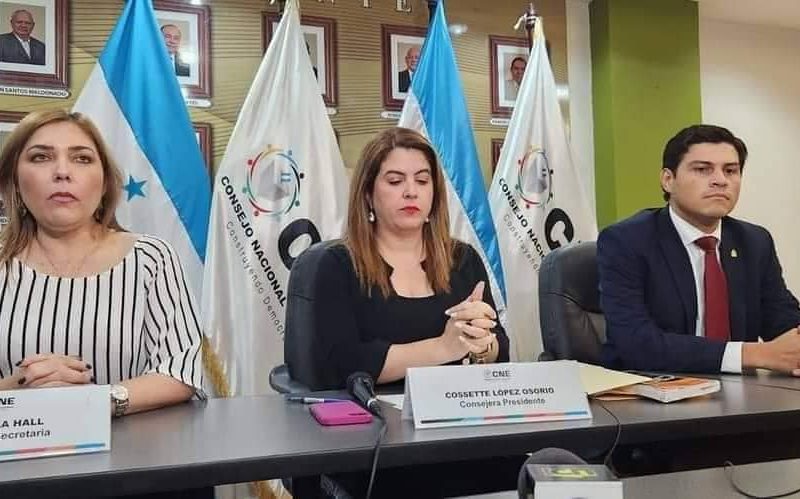Honduras is getting ready for the nationwide elections scheduled for November 30, 2025, a process that will decide the makeup of the country’s executive, legislative, and municipal branches of government. Citizens will choose the president, 128 members of the National Congress, 20 delegates to the Central American Parliament, 298 mayors, and over 2,000 councilors, in a context characterized by economic, social, and political challenges.
Political and social context
The electoral process will take place while the country faces high rates of poverty, insecurity, and an economy affected by dependence on remittances and structural crises. The current government, led by Xiomara Castro and the LIBRE party, faces scrutiny over its performance over the last four years, making these elections a test of governance and institutional consolidation.
On its side, the political opposition aims to take advantage of widespread dissatisfaction. Some of the primary candidates include Nasry “Tito” Asfura from the National Party and Salvador Nasralla from the Liberal Party, together with other smaller political figures. The lack of a runoff election and the division of the vote add a layer of unpredictability to the outcomes.
Regional influence: the situation in Venezuela
Honduras is keeping a close eye on the political scenario in Venezuela and the prospects for Nicolás Maduro, as changes there might influence regional dynamics and global backing during elections. Experts suggest that the steadiness or alteration in the Venezuelan leadership could impact diplomatic ties and how political figures view the democratic environment in the region.
The relationship between the LIBRE party and political circles in Venezuela has been noted as an aspect that might indirectly affect electoral strategy, voter mobilization, and the global discourse regarding the transparency of the procedure. This factor contributes to the complexity of the political landscape in Honduras, where public engagement and confidence in electoral institutions are key concerns.
Difficulties in governance and elections
November 30th will serve as an examination of the nation’s institutions, due to the necessity of guaranteeing clear and trustworthy procedures in a politically divided atmosphere. The organization of the elections, oversight of the voting, and the National Electoral Council’s capacity to manage the day’s challenges will be crucial for validating the outcomes.
Similarly, the financial and societal environment shapes the way voters perceive things; they assess how the government deals with everyday issues like safety and jobs. The mix of local and regional elements results in a situation where the election outcomes will show not just political inclinations but also trust in the state’s ability to uphold stability and governance.
The present perspective indicates that the 2025 elections could be pivotal for Xiomara Castro’s leadership and the LIBRE party, as the opposition aims to strengthen its presence. The combination of national and regional influences, along with the public’s views on institutional transparency, will determine the political and social trajectory for Honduras in the future.




